One of the world’s most popular shaving stick brands — Gillette — isn’t selling as much as it used to. This is because many men now prefer to keep their beards instead of shaving them off every morning.
Needless to emphasise how the “beard gang” era portends “bad market” for companies like Procter & Gamble, the maker of Gillette. However, the situation has also brought opportunities for other players in the market space.
The Situation: Last week, America’s Procter & Gamble (P&G) wrote down the value of its Gillette brand by as much as $8 billion. Now, a write-down entails “a reduction in the estimated or nominal value of an asset” which, in this case, was basically caused by unfavourable brand performance.
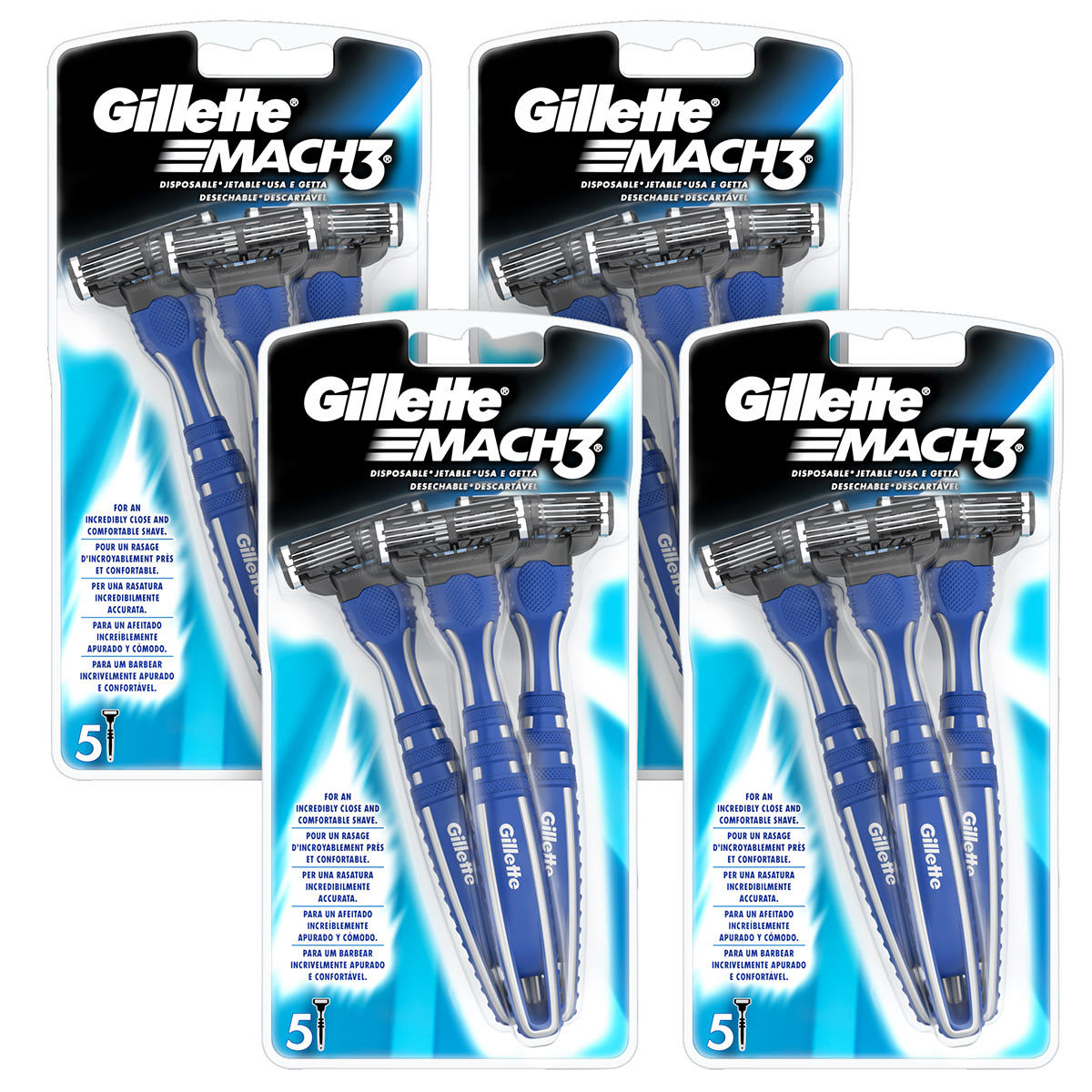
Procter & Gamble reportedly blamed the write-down on currency devaluations and most specifically, lower shaving frequency by the growing list of men who now allow their beards to grow instead of shaving them.
“P&G’s second reason for the write-down is the market contraction of blades and razors, primarily in developed markets. In countries like the United States, growing beards is more popular, leading fewer men to buy razors. Gillette held a 52.8% market share of men’s razors and blades in the U.S. last year, according to Euromonitor.”
The “Beard Gang” Era: Since time immemorial, millions of men around the world have always found it fashionable to keep their beards. Well-groomed beards are quite fashionable by the way. However, never before has the trend been so pronounced and widely-accepted around the world as it is today.
In Nigeria today, many men (particularly young men) now groom their beards in order to avoid the stress and “cost” of shaving every day.
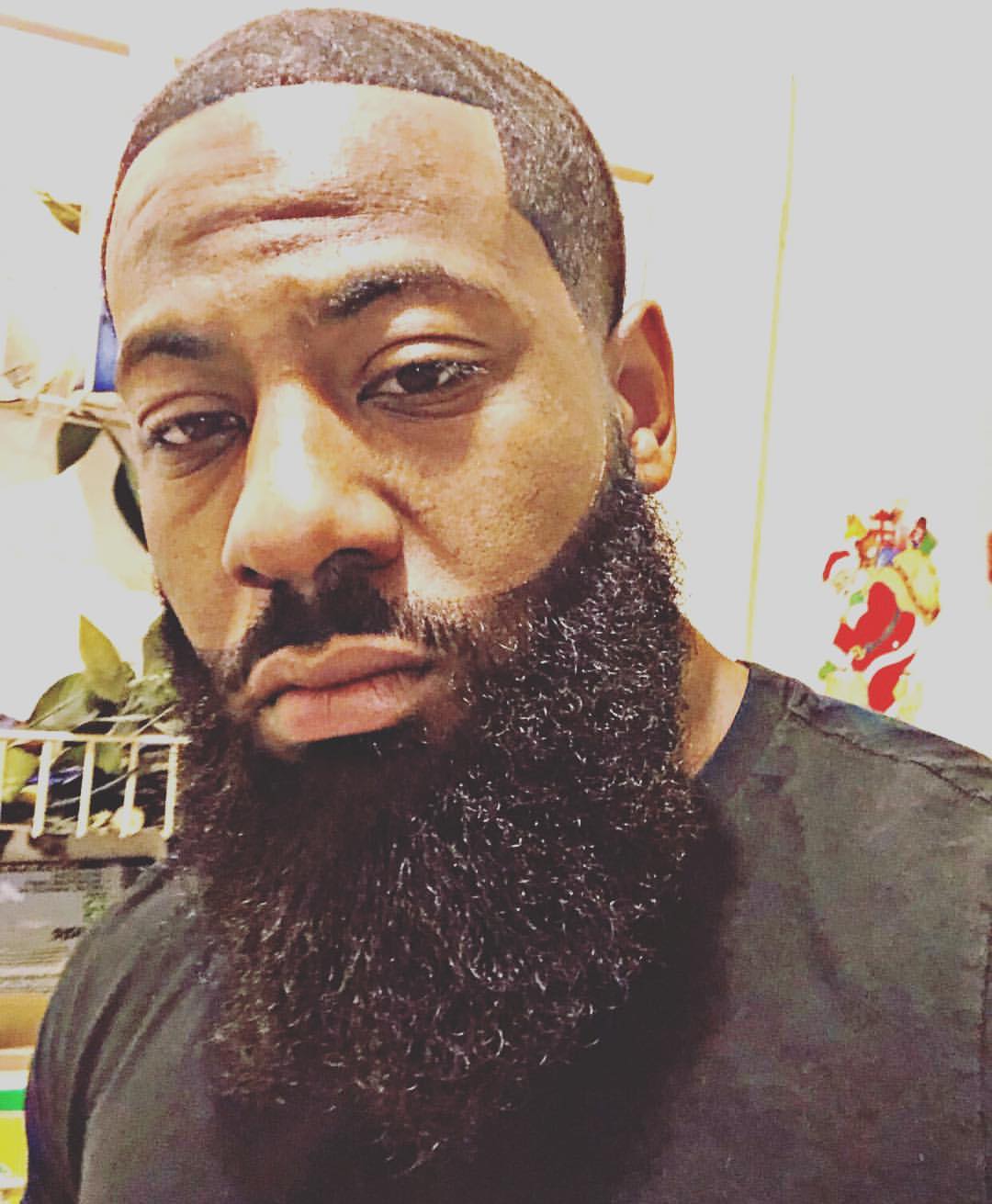
Although P&G based its Gillette write-down on performance in North America and Europe, the truth remains that the “beard gang” situation in Nigeria and elsewhere is also impacting negatively on the brand. After all, Gillette is one of the most popular shaving sticks in Nigeria, alongside BIC, Dorco, and others. In other words, lower patronage of Gillette in smaller Markets like Nigeria ultimately affects the overall (global) performance of the brand.
Opportunity for others: Inasmuch as the “beard gang” situation is negatively affecting companies like P&G, it should be noted that other businesses are benefitting from the trend. Makers of beard oil and other beard grooming materials are in for good times.
According to a trader who sells assorted beard oil on Jumia, the “beard gang” era opened up a whole new business opportunity for people like her.
“Men love their beards. I particularly love men with beards, which is one of the reasons I’m in this business in the first place. Therefore, I basically provide the beard oils which help with conditioning. It is a serious business, by the way. These oils are not cheap.”

Comparing the costs: Indeed, it is not very cheap to keep one’s beards, especially if you are hoping to have some of those full, healthy and shiny beards. According to Akuki who recently embraced the “beard gang” lifestyle, “it is actually more expensive to maintain healthy beards than it is to shave them. In terms of shaving, I could buy a pack of shaving sticks for N1000 or thereabouts and use it for many days. But a good beard oil costs nothing less than N2000.”
The way forward: Companies like P&G should, perhaps, consider introducing facial hair maintenance kits in other to keep up with the trend. Apparently, the “beard gang” market is a viable one considering the growing number of beard keepers.

READ FURTHER: Is Nestle Nigeria’s recently-launched seasoning brand even necessary?








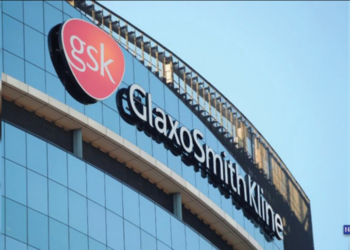
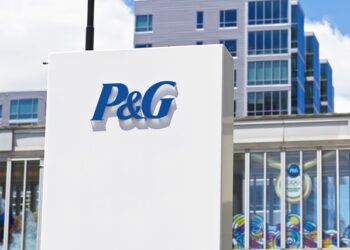

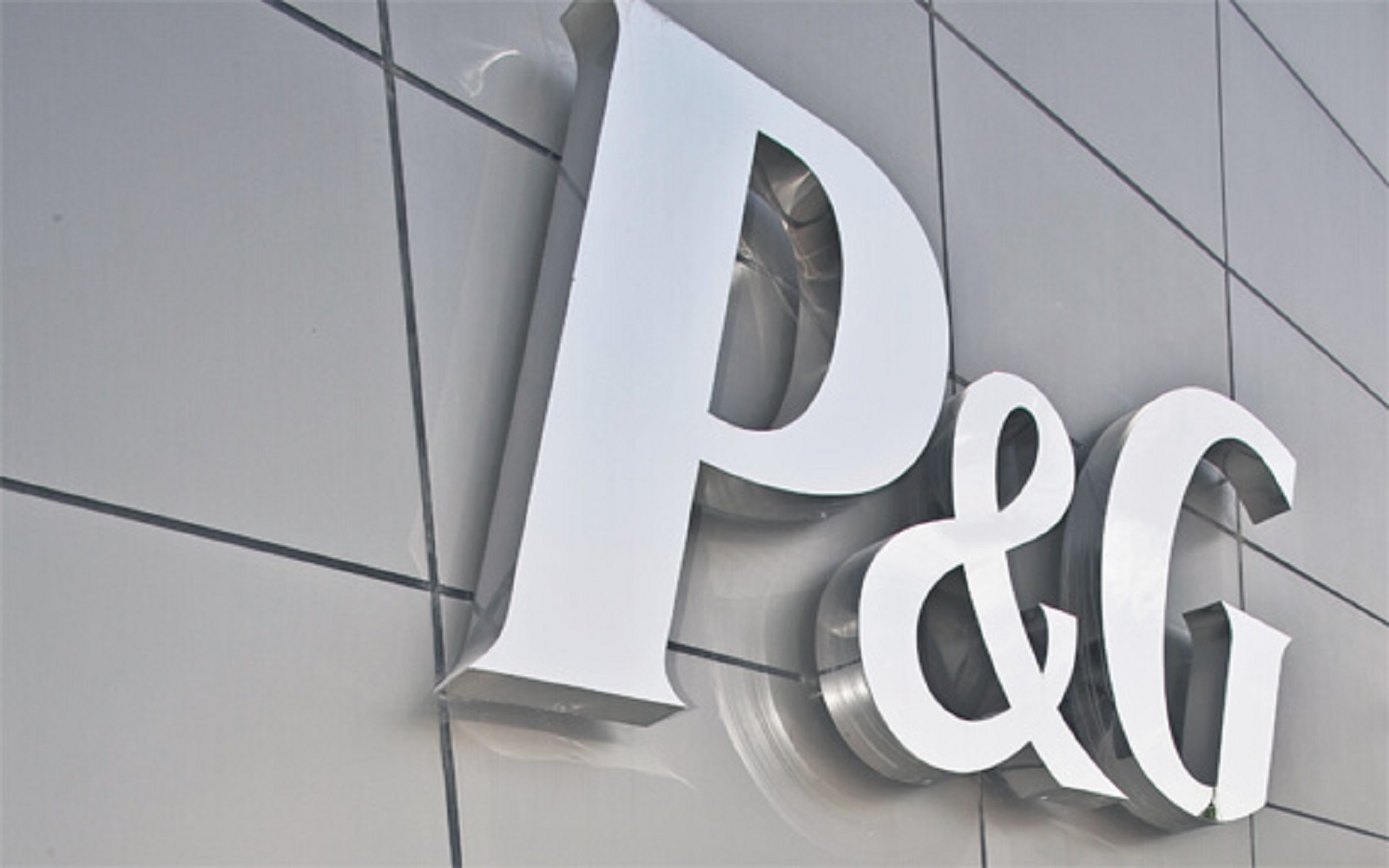










Let them just start producing Giltte Beard Oil. It’s as simple as that.